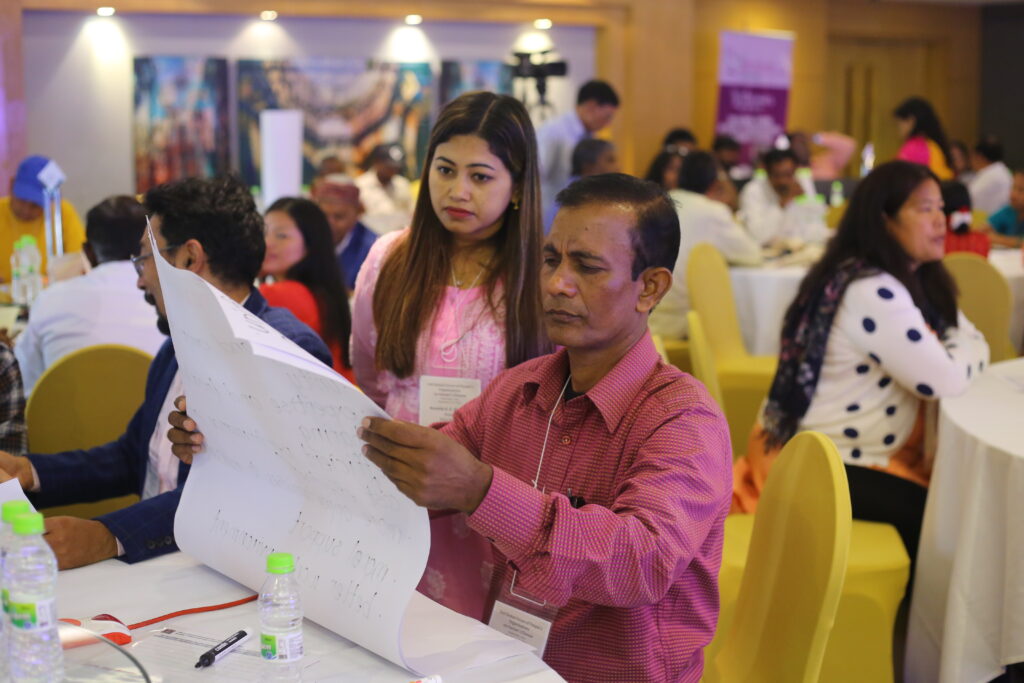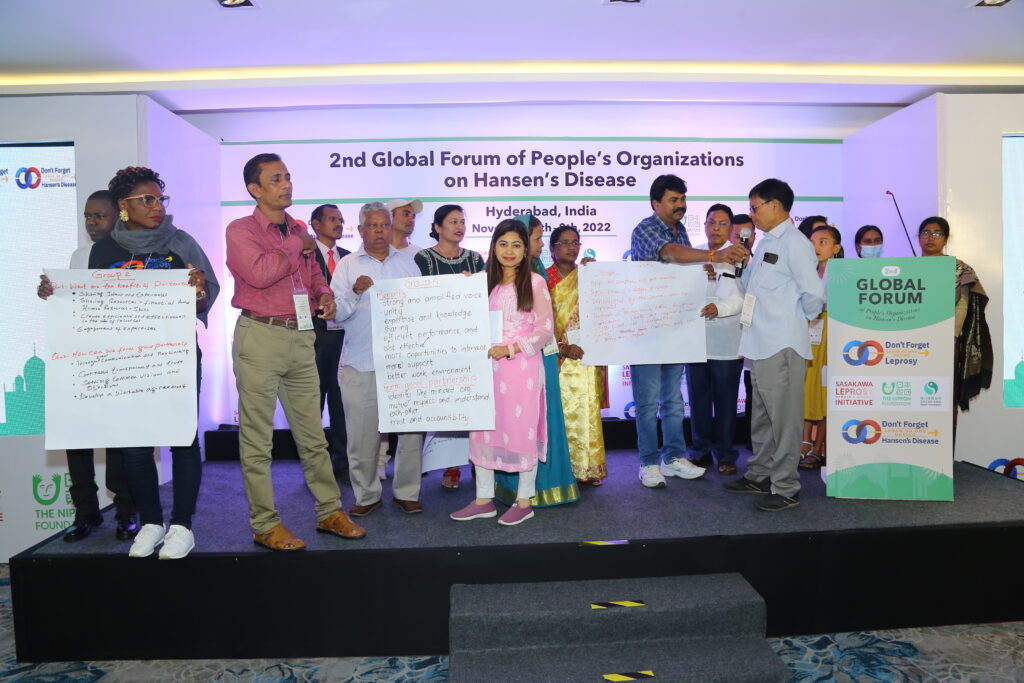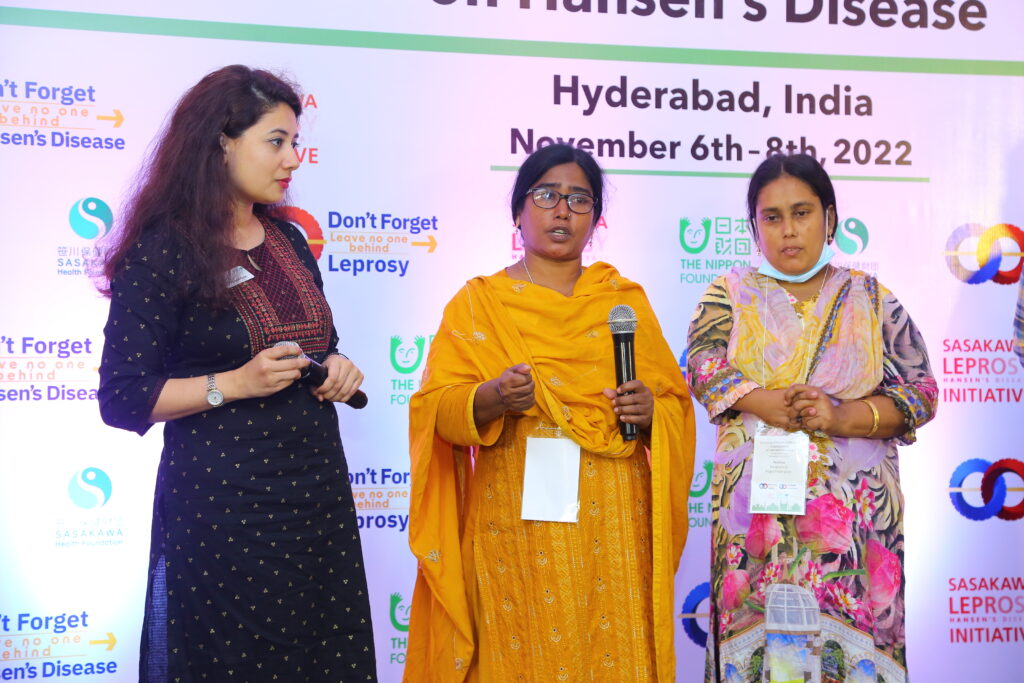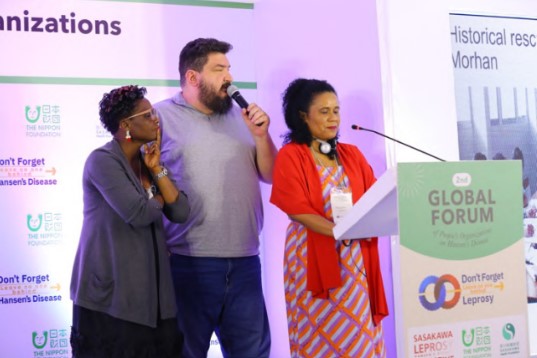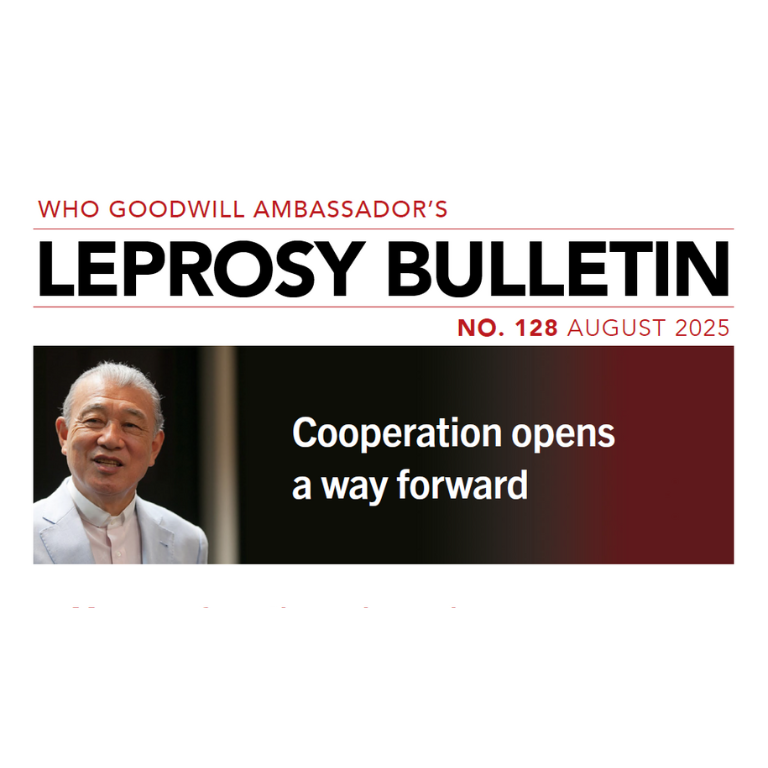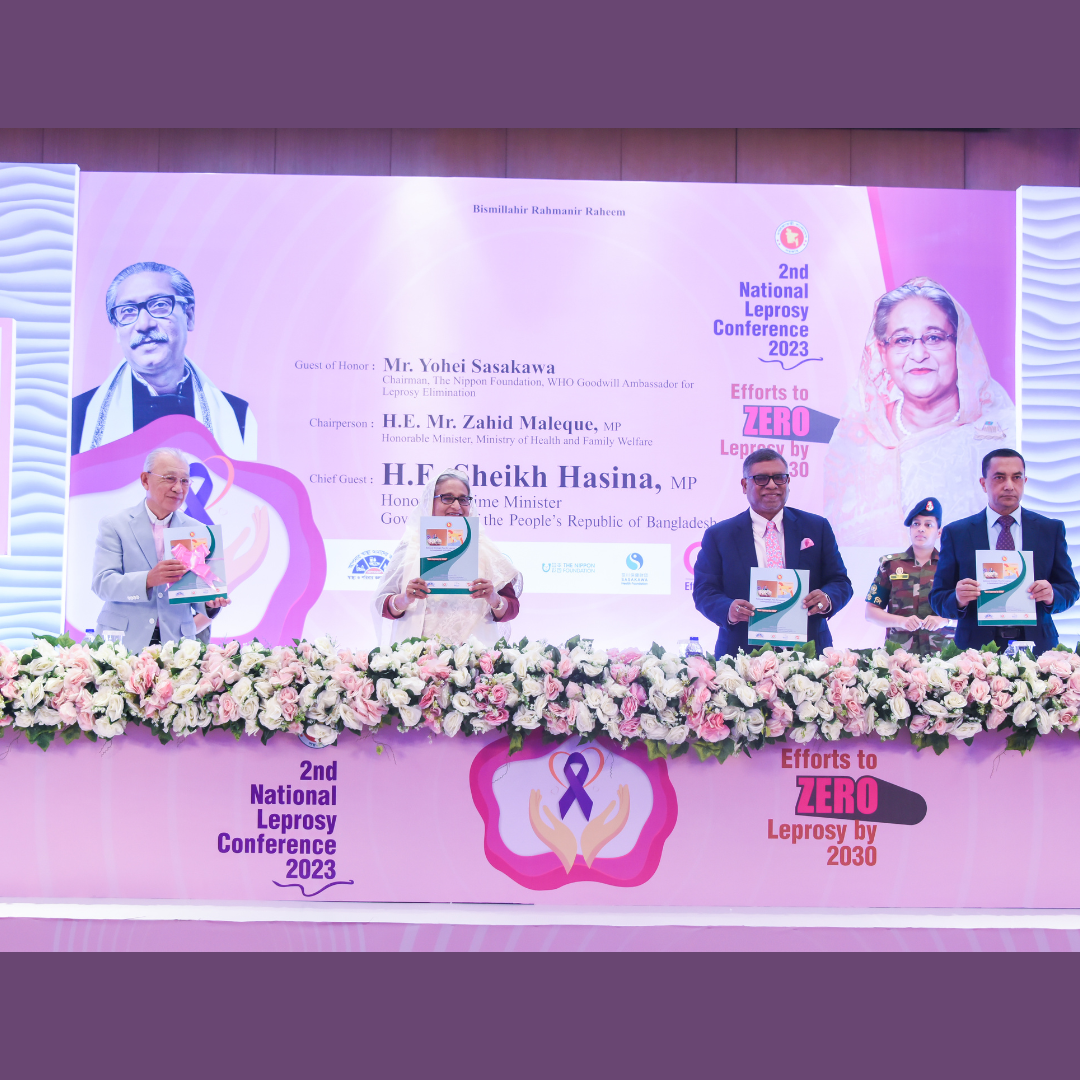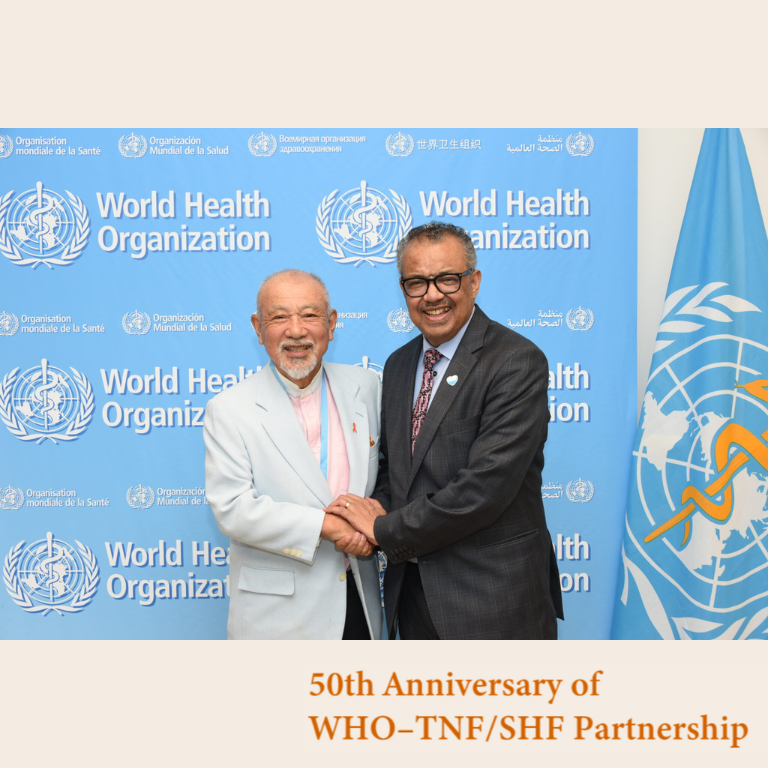The 2nd Global Forum of People’s Organizations on Hansen’s Disease was held in Hyderabad, India, Nov. 6-8, 2022. As with the inaugural Global Forum held three years earlier in Manila, Philippines, the event preceded the International Leprosy Congress (ILC) and ensured that persons affected by leprosy would be able to speak up for themselves.
Leading up to the 1st Global Forum in 2019, three regional assemblies were held in Africa, Asia, and Latin America/Caribbean to help shape its agenda. For the 2nd Global Forum, an organizing committee consisting of people’s organizations’ representatives voted on by their peers¹ met a couple of months earlier in Bangkok, Thailand, to decide on the agenda.
The organizing committee selected three topics for exploration in 2-hour sessions at the Forum: 1) capacity building; 2) inclusion; and 3) partnerships. The sessions included “sharing good practice” presentations, Q&A, group discussions, and presentations at the end to share results.
More than 70 persons affected by leprosy representing 21 people’s organizations from 16 countries and one international organization took part in the three-day event, which was hosted by Sasakawa Leprosy (Hansen’s Disease) Initiative as part of its “Don’t Forget Leprosy” / “Don’t Forget Hansen’s Disease” campaign launched in August 2021 amid the coronavirus pandemic.
Including observers, interpreters, representatives of supporting organizations, and members of the International Federation of Anti-Leprosy Association (ILEP)’s advisory panel, more than 100 people attended the Forum each day.
Attendees included WHO Goodwill Ambassador Yohei Sasakawa as well as special guests Miss World Brazil 2022 and Miss Supranational India 2023, both of whom pledged their commitment to using their public profile to raise awareness of leprosy/Hansen’s disease.
Also taking part was UN Special Rapporteur on the elimination of discrimination against persons affected by leprosy and their family members Alice Cruz, for whom the event was a valuable opportunity to gather material for her final report as special rapporteur, which will be presented to the UN Human Rights Council in June 2023.
The last day of the Forum included a series of side events at which participating organizations made detailed presentations on their activities, allowing for further knowledge- and experience-sharing among participants.
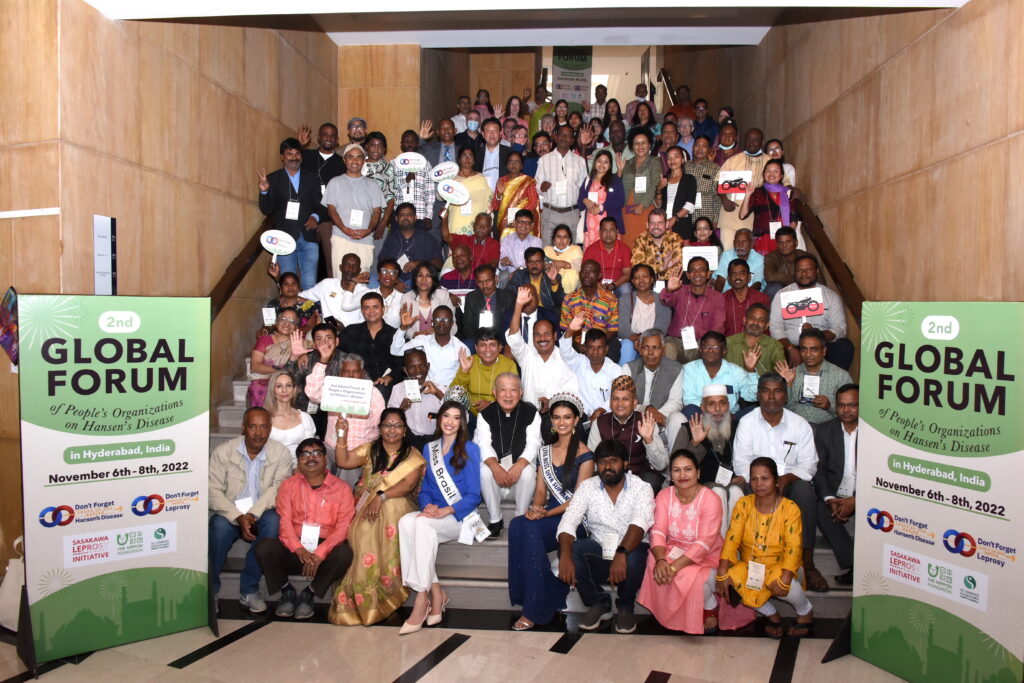
The Forum ended with Conclusions and Recommendations drawn up by a drafting committee to be read by a representative at the ILC’s inaugural function.
The Conclusions and Recommendations took into account that COVID-19 and measures against the disease, such as lockdowns and other restrictions, had a heavy impact on the lives of persons affected by leprosy/Hansen’s disease living in marginalized communities. Attention was diverted from treatment and services for leprosy/Hansen’s disease to other areas. In some countries, the support provided by people’s organizations, which worked in partnership with NGOs and other organizations, was a lifeline.
Capacity building was highlighted in the Conclusions as being essential to ensuring the stability and realizing the potential of people’s organizations. The Recommendations reflected points discussed in each of the three thematic sessions: 1) capacity building; 2) inclusion; and 3) partnerships.
Additionally, it was noted that many of the issues raised in the Conclusions and Recommendations from the 1st Global Forum in Manila have yet to be adequately addressed. People’s organizations urge governments, non-governmental organizations, and other stakeholders to take all necessary steps to implement the recommendations coming out from both Global Forums.
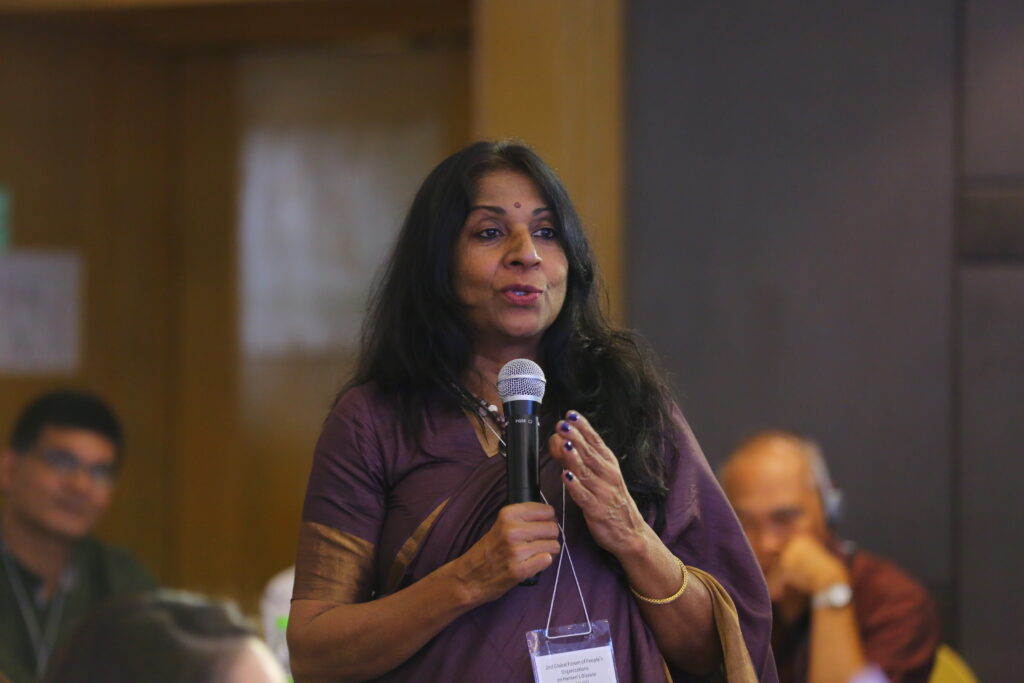
For many participants, the Forum was a special opportunity to meet in person for the first time in three years.
“It brought us together. It was inspiring. Just to say hello is very important,” said Tesfaye Tadesse Haile, the managing director of the Ethiopian National Association of Persons Affected by Leprosy (ENAPAL), who briefed the Forum on the recent opening of the organization’s new headquarters building in Addis Ababa and stressed the importance of working ceaselessly for one’s dream.
“I felt comforted, energized, and valued to be here, interacting with people affected from different parts of the world. It has been an honor for me,” said Mohamedi Ally Mtumbi, president of the Tanzania Leprosy Association. “We are still small. We started functioning properly four years ago. We aspire to be like ENAPAL one day.”
“The smaller sessions involving presentations by the groups, where it was possible to ask questions and interact a little more — so much valuable work was being done,” said Zoica Bakirtzief da Silva Periera of ILEP’s advisory panel.
“I learned a lot and heard many different points of view,” said Brima Kpeh of Sierra Leone’s National Association of Persons Affected by Leprosy. “We need to strengthen people’s organizations and put them at the forefront. They know their people, they know their situation, they know what they need better than any third party.”
As well as the feel-good factor it generated and the sense of solidarity it created, the Forum also provided participants with practical ideas to take back to their respective countries.
“We run an organization of women and children affected by Hansen’s disease and other NTDs,” Lilibeth Nwakaego Evarestus of Purple Heart Initiative Nigeria, said. “I heard someone talk about an initiative called “goat bank” in terms of empowering women. Women are given a goat; they raise the goat and if it gives birth to two kids, they keep one for themselves and give one to the goat bank.
“I also heard women in Bangladesh say they have a rice bank where they put aside rice for them and their children for use in times of need. I think my women in Nigeria will be very eager to put this into practice. We will look at the idea that best suits our own environment. We will see how it aids us in terms of social and economic empowerment of women.”
¹Selected representatives were from the following six organizations: MORHAN (Brazil, Americas); IDEA Ghana (Ghana, Africa); ENAPAL (Ethiopia, Africa); IDEA Nepal (Nepal, Asia-Pacific); HANDA (China, Asia-Pacific); and APAL (India, Asia-Pacific).
